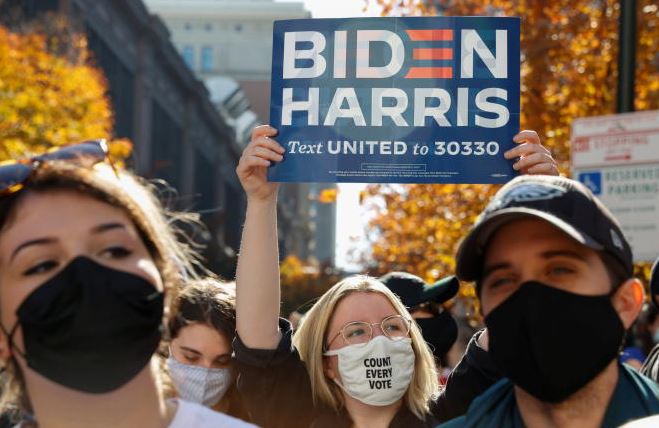
The past two weeks have been replete with the political events unfolding in the United States. On November 3rd, Americans went to the polls to choose their political leaders including the president who will lead the superpower till 2024.
For obvious reasons the presidential contest was the one everyone who cares about the international system was concerned about most. Here is the rationale: the USA is not just any country. It is has the longest standing democracy dating back to 1789 when its Constitution came into effect. Notably, the American Constitution begins with the phrase, “We the People…” which affirms that citizens are the bedrock and service to them is the fundamental principle. What is not lost is the fact that the country has clung to the democratic ideals provided for in its constitution for all these 230 years.